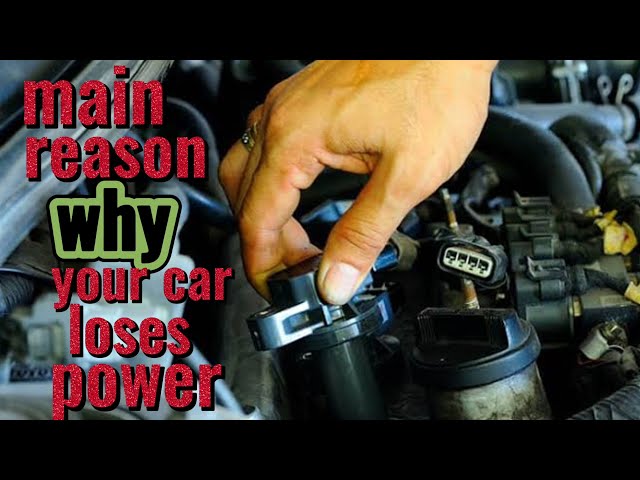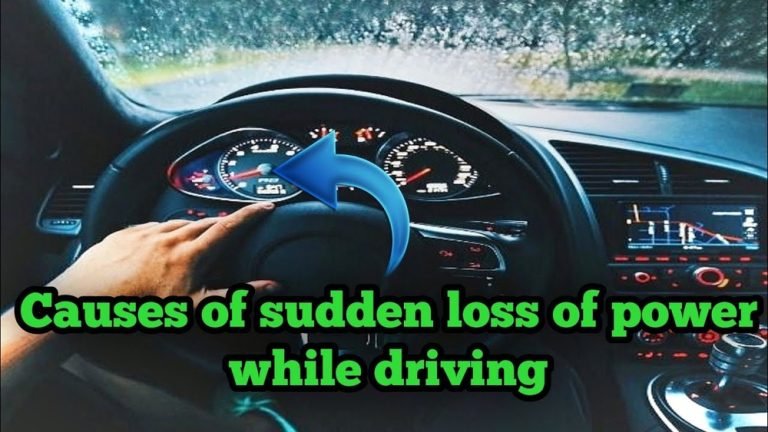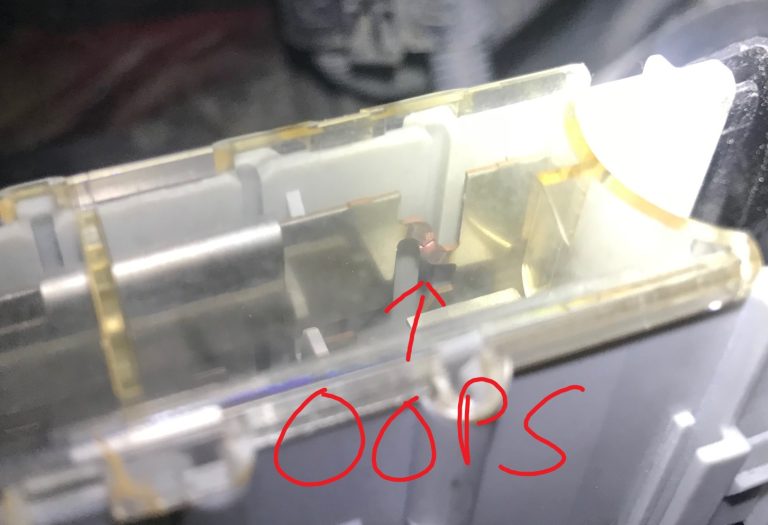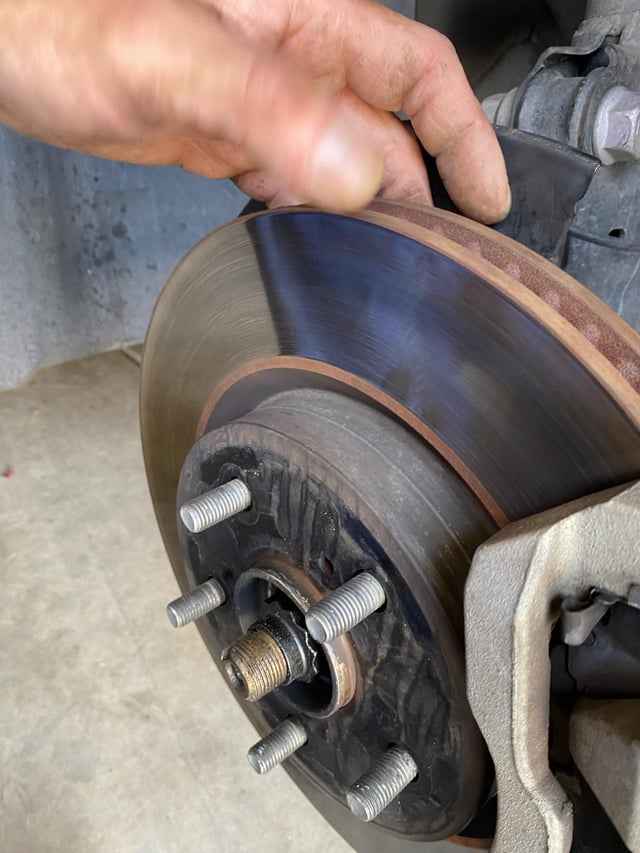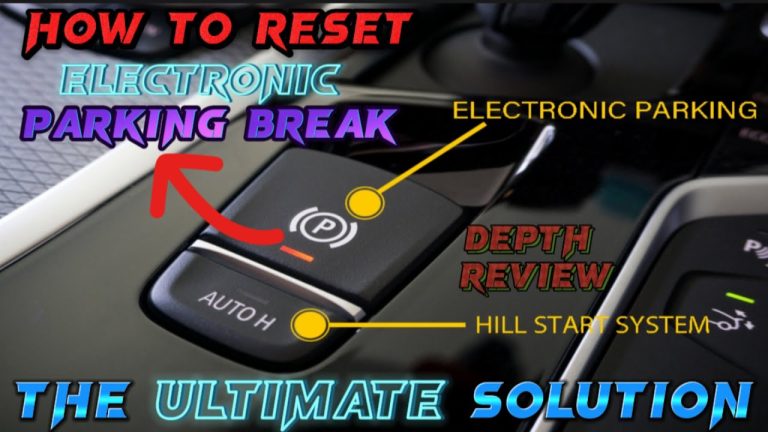Car Loses Power While Driving: Causes & Solutions
Imagine you’re cruising down the highway, enjoying your favorite tunes, when suddenly your car loses power. It’s a heart-stopping moment.
You feel the panic rising and your mind races with questions. Why did this happen? What do you do next? You’re not alone. Many drivers experience this sudden loss of power, and it’s both frustrating and frightening. But don’t worry; you’re about to discover the reasons behind this issue and, more importantly, how to handle it safely.
By understanding the causes and solutions, you can regain control and ensure that your journeys remain smooth and stress-free. Stay with us as we unravel this mystery and guide you through every step to get back on the road confidently.

Credit: www.rac.co.uk
Car Loses Power While Driving
Common Causes Of Power Loss
Imagine you’re cruising down the highway, enjoying your favorite tunes, when suddenly your car starts losing power. It’s a scenario many drivers dread. Understanding the common causes can help you act quickly and prevent further issues. Let’s dive into why your car might be losing power unexpectedly.
Read more: Car Won’t Start Without a Jump: Troubleshoot Tips
Fuel System Issues
Your car’s fuel system is crucial for maintaining power. If there’s a clog in the fuel filter or a failing fuel pump, your vehicle might struggle to get the fuel it needs. This can cause your car to sputter or stall. Check your fuel filter regularly and ensure the pump is in good condition.
Ignition System Problems
Think back to the last time your car wouldn’t start right away. The ignition system might be the culprit. Worn out spark plugs or faulty ignition coils can drastically affect your car’s performance. Regularly replacing these components can keep your car running smoothly. Have you checked yours lately?
Air Intake Blockages
Your engine needs air to function properly. If the air filter is blocked or dirty, it restricts airflow, leading to power loss. Imagine trying to breathe through a straw; it’s not efficient. Regularly cleaning or replacing your air filter can prevent these issues.
Exhaust System Clogs
Exhaust systems are designed to expel gases from the engine. If there’s a blockage, it can cause back pressure and reduce engine efficiency. A clogged catalytic converter is a common culprit. Do you often drive in areas with heavy traffic or construction? It might be time for a check-up.
Electrical System Failures
The car’s electrical system powers everything from the radio to the engine control unit. A failing alternator or dead battery can cause power loss. Have you ever had to jump-start your car in an inconvenient spot? Maintaining your battery and checking the alternator can save you from future headaches.
Understanding these common causes empowers you to tackle issues before they escalate. Regular maintenance and being aware of symptoms can ensure a smooth ride. Next time your car loses power, you’ll know exactly what to check first. What steps will you take to prevent these issues?
Fuel System Issues
Car loses power while driving often due to fuel system issues. The fuel system supplies the engine with the necessary fuel. Problems in this system can disrupt the engine’s performance. Knowing the common fuel system issues can help you diagnose the problem.
1. Clogged Fuel Filter
A clogged fuel filter blocks fuel flow. Dirt and debris accumulate over time. This blockage starves the engine of fuel. Regular checks can prevent this issue. Replace the fuel filter as recommended.
2. Faulty Fuel Pump
The fuel pump transports fuel to the engine. A failing pump can’t maintain proper fuel pressure. This causes power loss while driving. Listen for unusual sounds from the fuel pump. Immediate replacement can resolve power issues.
3. Dirty Fuel Injectors
Fuel injectors spray fuel into the engine. Dirt can clog them. Poor fuel atomization affects engine efficiency. Use injector cleaner regularly. This keeps injectors clean and functioning properly.
4. Fuel Tank Vent Blockage
The fuel tank vent allows air to escape. A blockage can create a vacuum. This restricts fuel flow to the engine. Inspect the vent for obstructions. Clearing the blockage restores normal fuel delivery.
5. Low Fuel Pressure
Low fuel pressure results from various issues. It could be a weak fuel pump or clogged filter. This reduces engine power. Use a fuel pressure gauge to check levels. Address any abnormalities promptly.
Electrical System Failures
Experiencing a car losing power while driving can be alarming. Electrical system failures, such as faulty wiring or a dead battery, often cause sudden power loss. Regular maintenance helps prevent these issues, ensuring a smoother driving experience.
When your car suddenly loses power while driving, it can be a nerve-wracking experience. One of the common culprits behind this issue is electrical system failures. The electrical system is like the central nervous system of your car. It powers everything from the engine to the lights. If it malfunctions, you’re likely to find yourself in a precarious situation.
What Causes Electrical System Failures?
Several factors can lead to electrical system failures. A dead battery is often the first suspect. If your battery isn’t holding a charge, your car might lose power unexpectedly.
Another common issue is a faulty alternator. The alternator charges the battery while the car is running. If it fails, the battery will eventually drain, leaving you stranded.
Signs Of A Failing Electrical System
Before a complete loss of power, your car usually gives warning signs. Flickering dashboard lights and dimming headlights can indicate electrical issues. You might also notice strange smells or hear unusual sounds.
If you experience any of these signs, it’s wise to get your car checked immediately. Ignoring them could lead to a more severe and costly breakdown.
How To Address Electrical Failures
Start by checking the battery connections. Make sure they are clean and tightly secured. A loose connection can disrupt the electrical flow.
Consider having your alternator tested if the battery seems fine. Many auto parts stores offer free testing services.
Regular maintenance can prevent these issues. Keep your battery and alternator in good condition and replace them as needed.
Unexpected Insights: Personal Experience
I once ignored flickering lights, thinking it wasn’t a big deal. My car stalled on a busy highway, and I learned the hard way. Electrical issues can escalate quickly.
Don’t wait until you’re in a tough spot. Pay attention to the small warnings your car gives.
Have you ever experienced electrical issues while driving? How did you handle it? Share your story in the comments! Your experience might help someone avoid a similar situation.
Mechanical Problems
Experiencing a sudden power loss while driving can be alarming. Mechanical problems are often the culprits. Understanding these issues helps in addressing them promptly. Regular maintenance can prevent many of these problems.
Engine Overheating
Engines can overheat due to several reasons. A faulty thermostat or a leaking radiator might be the cause. Overheating can cause the engine to lose power. Regularly check your coolant levels to avoid this issue.
A clogged fuel filter restricts fuel flow to the engine. This can lead to power loss. Dirty injectors can also cause similar issues. Regular fuel system maintenance ensures smooth engine performance.
Ignition System Failures
The ignition system includes spark plugs and ignition coils. Faulty spark plugs can cause the engine to misfire. This results in decreased power while driving. Replacing worn-out spark plugs can restore power.
Exhaust System Blockages
A clogged catalytic converter can reduce engine performance. This leads to a noticeable power drop. Regular exhaust checks can help in identifying blockages. It ensures optimal engine efficiency.
Transmission Problems
Transmission issues can also cause power loss. A slipping transmission affects power delivery to the wheels. Regular transmission fluid checks can prevent these problems. This ensures smooth gear shifts and power transfer.
Effective Solutions And Preventive Measures
Experiencing a sudden loss of power while driving can be alarming. It disrupts the journey and poses safety risks. Understanding effective solutions and preventive measures is crucial. This ensures a smooth and safe driving experience.
Read more: My Car Shuts off While Driving But Starts Back Up: Solve Now
1. Identify The Cause Of Power Loss
Common causes include fuel system issues. Others include electrical problems and engine malfunctions. Diagnosing the problem is the first step.
2. Regular Vehicle Maintenance
Routine checks can prevent power loss. Inspect the battery, fuel system, and engine. Regular maintenance keeps the car in good condition.
3. Monitor Fuel Quality
Bad fuel can cause power loss. Use high-quality fuel. Regularly check for fuel contaminants.
4. Check Electrical Systems
Faulty wiring can lead to power loss. Inspect wiring and connections. Replace damaged parts promptly.
5. Ensure Proper Airflow
Blocked air filters affect engine performance. Regularly clean and replace filters. Ensure the engine receives adequate airflow.
6. Use Diagnostic Tools
Modern cars have diagnostic tools. Use them to identify issues early. Address problems before they escalate.
7. Educate Yourself
Learn basic car troubleshooting skills. Understand common symptoms and solutions. This knowledge can save time and money.
8. Seek Professional Help
If unsure, consult a mechanic. Professionals can diagnose and repair issues. Ensure your car is in expert hands.

Credit: www.youtube.com

Credit: familyautoservice.com
Frequently Asked Questions
What Does It Mean When A Car Loses Power While Driving?
A car losing power while driving often indicates engine or fuel system issues. Check for clogged filters, faulty spark plugs, or fuel pump problems. It might also be due to transmission issues or sensor malfunctions. Regular maintenance can help prevent these problems and ensure optimal performance.
How Do You Fix A Car That Loses Power When Accelerating?
Inspect the air filter for clogs and clean or replace if necessary. Check fuel injectors and clean them. Examine spark plugs and replace if worn. Test the throttle position sensor and replace if faulty. Ensure proper fuel pressure by inspecting the fuel pump and fuel lines for any issues.
When I Press The Gas Pedal, It Won’t Accelerate.?
Your car may not accelerate due to issues like a clogged fuel filter, faulty spark plugs, or a malfunctioning throttle. Check for transmission problems or a failing fuel pump. Inspect these components and consider consulting a mechanic for a thorough diagnosis and repair.
Why Does My Engine Cut Power While Driving?
Your engine might cut power due to fuel delivery issues, faulty sensors, or ignition problems. Regular maintenance and diagnostics can prevent these issues. Check for clogged fuel filters, malfunctioning fuel pumps, or worn-out spark plugs. Always consult a professional mechanic for accurate diagnosis and repair.
Why Does My Car Lose Power While Driving?
Your car may lose power due to fuel system issues, electrical problems, or engine malfunctions. Check these systems.
Conclusion
Experiencing power loss in your car can be alarming. It’s crucial to identify the cause quickly. Check fuel, battery, and engine components first. Regular maintenance helps prevent these issues. Consult a mechanic if problems persist. They offer professional advice and solutions.
Staying informed keeps you safe on the road. Simple checks make a big difference. Don’t ignore warning signs. Address them early. This saves time and money. With knowledge and care, driving remains smooth and trouble-free. Remember, a well-maintained car ensures peace of mind.
Keep your car in top shape. Drive confidently every day.

